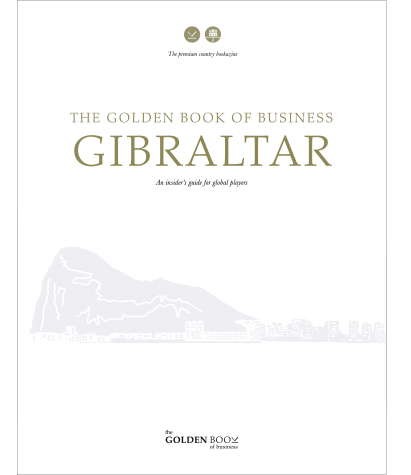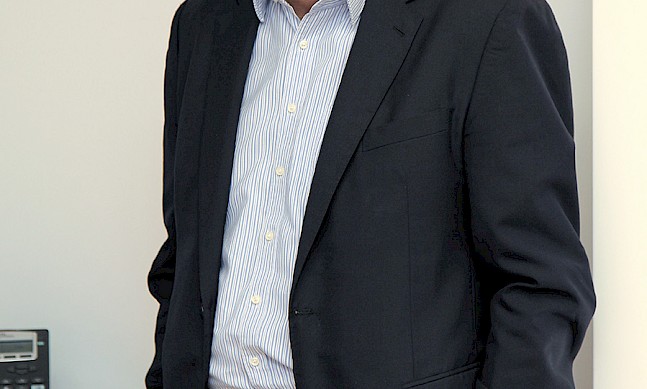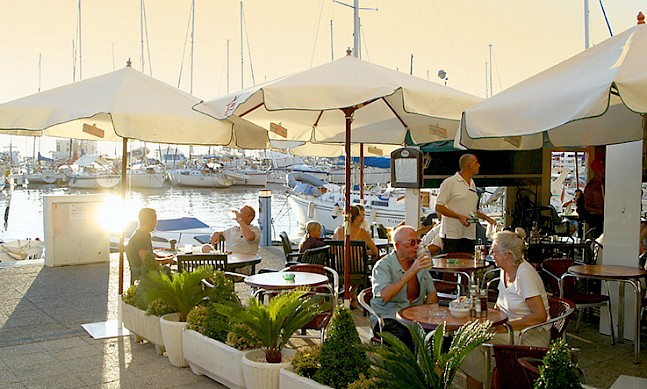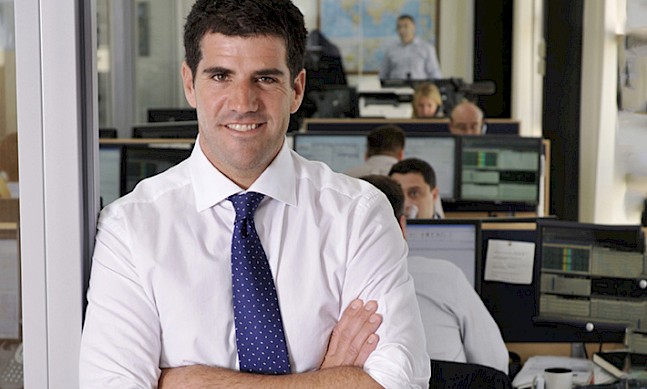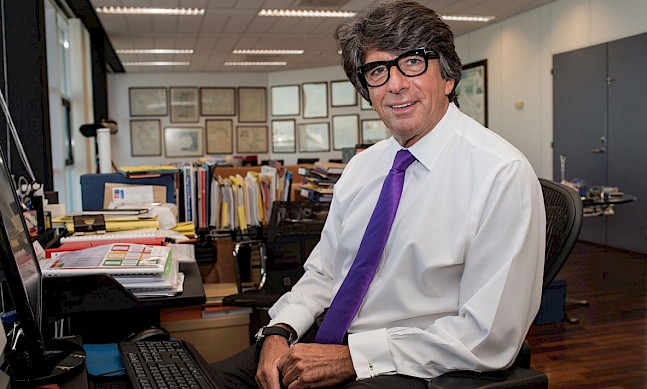The implementation of the alternative investment fund managers directive (AIFMD) has seen competition in the European Union funds market heat up, as fund managers and experienced investors look for compliant jurisdictions through which to market funds into the EU. James Lasry, partner at Hassans International Law Firm, explains why Gibraltar provides unique advantages and opportunities.
The advent of the alternative investment fund managers directive (AIFMD) has dramatically changed the scope of services that European finance centres, such as Gibraltar, can offer fund managers in the US, the UK and Asia.
Non-EU fund managers are used to setting up Cayman funds with Delaware feeder funds for US-taxable investors. In the past, they would market these funds to European investors via the private placement regimes as it was almost impossible to get them authorised in the various European jurisdictions. The AIFMD has caused a significant tightening of many of the private placement regimes in Europe. In fact, under the directive, they are to be phased out by 2018. Therefore, for non-EU managers to market their funds in the EU, they must rely on what remains of the private placement regimes or on a concept known as ‘reverse solicitation’.
The safest way for non-EU managers to market into the EU is for them to set up a European fund that can be passported into other EU jurisdictions. Depending on the strategy, this will be either a UCITS (Undertakings for Collective Investments in Transferable Securities) fund or an AIFM fund. In either case, it can be legitimately promoted to the appropriate European investors. Structures often used are such that the Cayman fund will itself act as a feeder into the European fund, which will then make the relevant investments.
Non-EU managers may continue to use Cayman vehicles for their non-EU business. However, these managers will now be looking to European jurisdictions to be able to market to European investors. It stands to reason that in their search for European vehicles for their funds, they should look to the jurisdiction which is closest both legally and in its regulatory approach to what they are used to in the Cayman Islands. Gibraltar, being a common-law jurisdiction with the UK Privy Council as the ultimate court of appeal, and with English as its primary language, is likely to cause less of a culture shock for UK and US managers who have decided to use a European vehicle. Furthermore, Gibraltar is the only European jurisdiction that allows for the pre-authorisation launch of a fund, as Cayman does.
“Gibraltar is likely to cause less of a culture shock for UK and US managers who have decided to use a European vehicle”
James Lasry Partner at Hassans International Law Firm
Post ThisThe AIFMD
Since 22nd July 2013, European alternative investment fund managers (AIFMs) managing EU alternative investment funds (AIFs), such as Gibraltar AIFs, have been able to obtain authorisation under AIFMD and therefore benefit from the EU marketing passport provided for by the directive. Such AIFMs will be able to market to professional investors freely within the EU. There is the possibility that managers from third jurisdictions, such as those in the US, the Caribbean and the Channel Islands, will be able to obtain authorisation and therefore access to the EU marketing passport under AIFMD, subject to certain conditions, but only from mid-2015 at the earliest.
AIFMs wishing to set up Gibraltar funds will be able to do so by establishing ‘super EIFs’, utilising the existing pre-authorisation launch process available to out-of-scope EIFs. In other EU jurisdictions, AIFMs wishing to establish in-scope AIFs will have to undergo an authorisation process for those AIFs (which can take anywhere between a few days in some cases to several months, depending on the fund and the jurisdiction). The Gibraltar process, however, is simply to establish and commence trading the EIF on the basis of the pre-authorisation launch process. This entails the submission of the EIF documentation to the FSC along with an opinion from Gibraltar counsel stating that the fund has been properly established. At the same time, the passporting notices can be submitted to the FSC. The FSC will then have up to 20 business days to consider the AIF documentation and the passporting notices.
The streamlined authorisation process for EIFs should not be mistaken as light regulation. The authorisation process may be quicker, due to the fact that EIFs require two directors on each board that are resident in Gibraltar and which are authorised by the FSC to act as fund directors. Furthermore, the documentation must be signed off both by senior Gibraltar counsel and by the fund administrator. Once the fund is authorised, the FSC has a plethora of investigatory and enforcement powers.
The FSC will follow the UK Financial Conduct Authority’s ‘proportionality’ approach in respect of remuneration. Furthermore, delegation will be permitted, so long as overall supervision and responsibility remains within the jurisdiction. Depositary requirements are probably the most difficult of the three issues, with many operational questions remaining open among all of the European jurisdictions. In any case, the depositary provisions have been deferred until 2017 so that any European depositaries may be used until that time.
Conclusion
The AIFMD has provided European jurisdictions, and particularly Gibraltar, with an opportunity to genuinely add value to US managers in the marketing of their funds to the EU – a market of 520 million people.
2018:
The deadline for foreign funds wanting access to European investors to become AIFMD compliant before national private placement schemes (NPPRs) are potentially phased out



